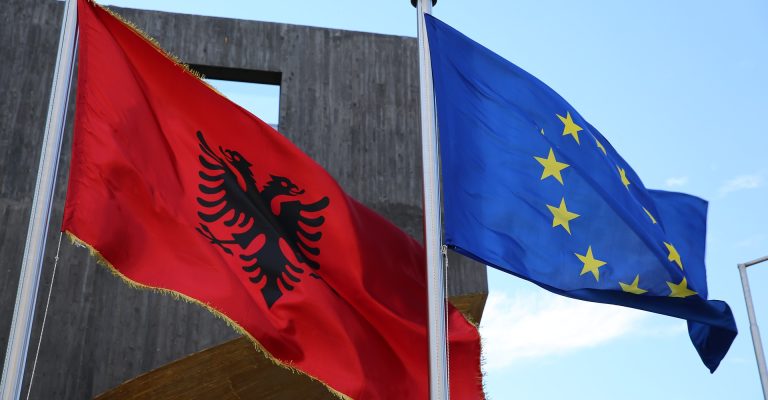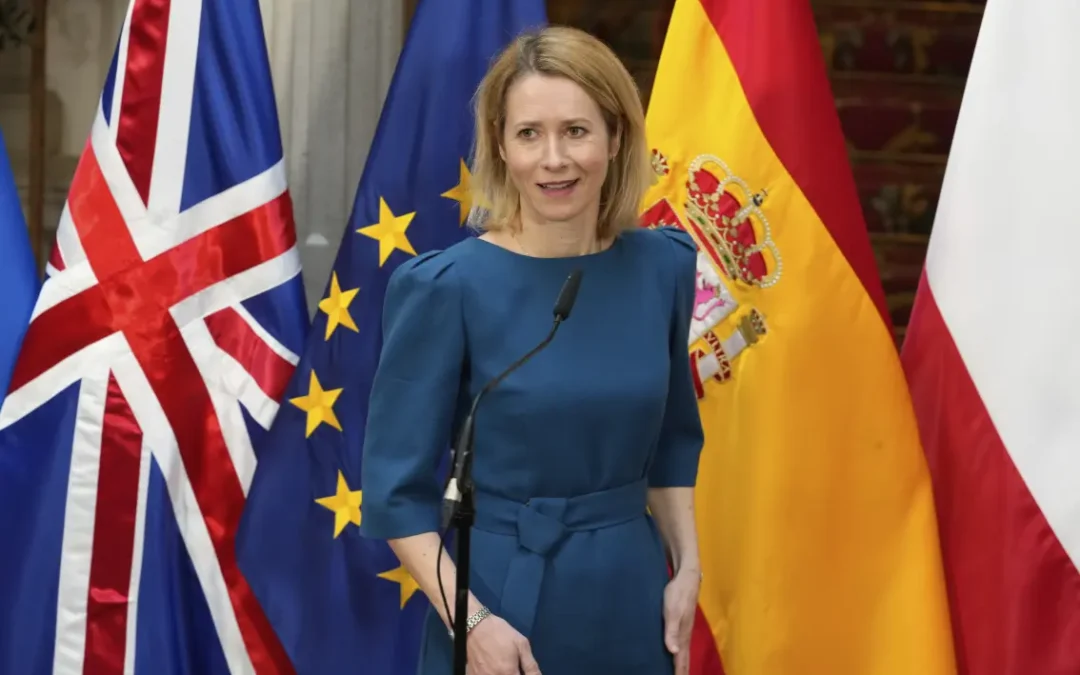Albania and Montenegro are forging ahead along the path to EU membership, while North Macedonia is increasingly falling behind due to unresolved bilateral and constitutional hurdles. Albania is set to hold its next Intergovernmental Conference with the European Union on September 16, where it will formally open negotiations on the Green Agenda and Sustainable Connectivity cluster—a key step that comes just two weeks after submitting its negotiating position for this chapter on September 2. This process will continue through October 2, when another conference will be convened to begin discussions on the final cluster: Agriculture and Cohesion. So far, Albania has opened four out of six fundamental clusters—External Relations, Internal Market, Competitiveness & Inclusive Growth, and Fundamentals—bringing it significantly closer to aligning with EU standards. The country aims for full EU membership by 2030, with EU Enlargement Commissioner Marta Kos expressing optimism that accession could happen as early as 2029.
Meanwhile, Montenegro is emerging as a leading aspirant in the Western Balkans. At the negotiation level, Montenegro has opened all 33 EU accession chapters and provisionally closed seven, including Chapter 5 on Public Procurement, and Chapters 7, 10, and 20, signaling tangible progress toward full negotiational completion.
Reflecting this momentum, European Council President António Costa praised Montenegro during his May 2025 visit, calling it “one of the finest examples of the EU’s positive enlargement momentum.” Montenegro’s President reaffirmed the country’s objective of EU membership by 2028, alongside a sustained commitment to deep structural reforms.
Earlier in 2025, Montenegrin leaders and EU bodies set a clear roadmap that could complete accession negotiations by 2026 and pave the way to full membership by 2028.
In contrast, North Macedonia’s journey toward EU membership remains stalled. Progress has been obstructed by a constitutional impasse with Bulgaria; the EU has repeatedly urged Skopje to amend its constitution to formally recognize a Bulgarian minority, a precondition for advancing negotiations. The current government insists Bulgaria should first approve its accession before constitutional changes proceed, thus prolonging the deadlock.

Despite North Macedonia becoming an EU candidate in 2005 and formally launching negotiations in 2022, the impasse remains unresolved. EU officials, including the EU foreign policy chief, continue to call on the country to pursue “era-defining decisions,” yet obstacles persist.
As these narratives unfold, it’s clear that Albania and Montenegro are capitalizing on reform momentum and EU support to advance their accession processes, while North Macedonia, despite having similar initial trajectories, is being delayed by lingering bilateral disputes and constitutional reluctance. This divergence holds significant implications—not only for each country’s European future, but for the broader stability and integration of the Western Balkans amid heightened geopolitical tensions.

